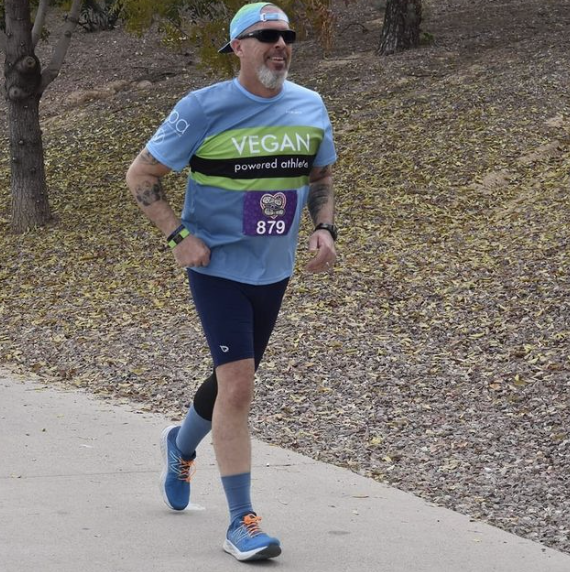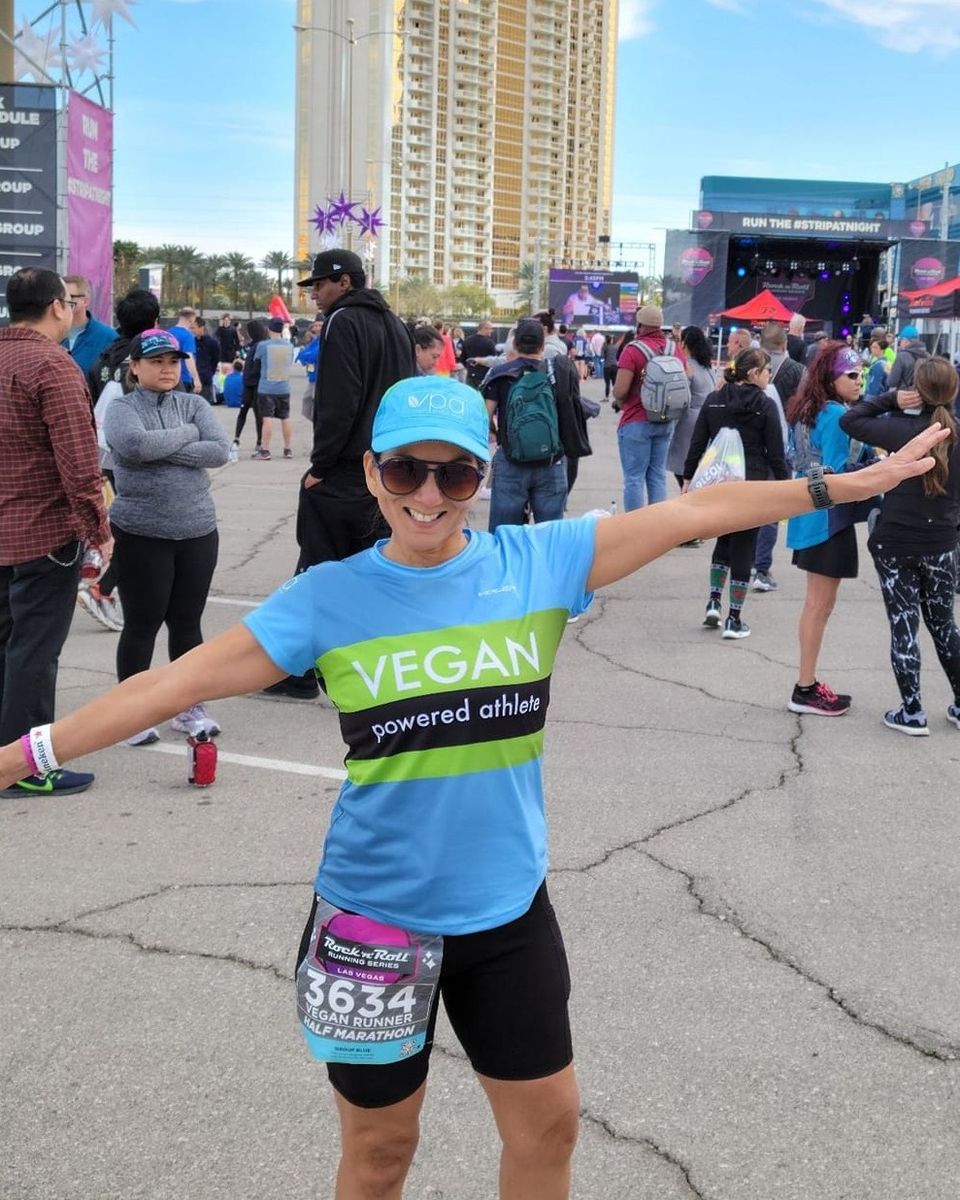
We always hear people talking about the desire to reduce inflammation in their body. But what does inflammation mean? And how can we go about reducing it? There are some who believe it is possible to reduce inflammation through veganism, and we will thoroughly analyze these claims. But we must also gain a better understanding of inflammation itself, if we are to properly identify when our body is facing such issues.
Inflammation is our body’s immune response when it needs to heal damage that was caused by a foreign body. For instance, if you have a cut on your arm, your body’s cells will travel to the site to heal your wounds. In these cases, inflammation is a good thing, because your body is healing itself in a rapid manner to prevent infection. But there are cases where the cells will travel to parts of your body where there are no wounds, which can result in a lot of unnecessary inflammation. But if you can’t see this inflammation, how do you know you have it? Such inflammation is typically caused by our overeating of inflammatory foods, such as dairy, red meats, and fats high in omega-6. Dairy is one of the most inflammatory foods in our modern diet. It causes chronic inflammation in a large percentage of the population, resulting in digestive issues such as bloating, gas, constipation, and diarrhea. Your body then expends a lot of energy trying to fight off this inflammation, which is where veganism comes into the equation.
Trying to Reduce Inflammation Through Veganism
Food is often the culprit when a person is experiencing excessive inflammation, even though they have no wounds or injuries that would cause said inflammation in their body. In most cases, these things are happening to the person’s body because they are eating far too many processed, dairy or fatty foods. Veganism is not only a way of dealing with constant inflammation, but it can also present an opportunity for people to improve the overall quality of their diet and lifestyle. If you are looking to reduce inflammation through veganism, we suggest taking a look at the following foods that can really help you in the long run.
Eat your Fruits and Vegetables
It may sound like a cliché, but nothing is going to help you fight inflammation better than eating the right amount of fruits and vegetables on a daily basis. And if you have a few favorite vegetables, it is a good place to start, but you may also need to add some variety to your diet. Go with vegetables of all different colors, such as carrots, kale, beets, cauliflower, onions and tomatoes.
Fruits are very helpful in the fight against inflammation as well, but you may want to steer clear of the fruits that contain a ton of sugar. The berries are a great place to start, along with grapefruit. Always go with seasonal fruits, because they are fresh and at their best level where nutrients are concerned.
Incorporate ANTI-INFLAMATORY omega-3 fatty acids into your diet such as flax seed, chia seed, hemp seed, beans, winter squash, leafy greens, wild rice, and walnuts to name a few. Note that getting enough omega-3 isn’t just a concern for vegans and vegetarians. The Standard American Diet is low in omega 3 while simultaneously very high in inflammatory Omega 6. Experts recommend keeping omega 3 to omega 6 ratios at 1:1
The desire to reduce inflammation through veganism is understandable, but you have to look at it as more than a short-term goal to stop the inflammation in your body. When you transition from a regular diet to a vegan diet, you are going through a lifestyle change. Cutting out fatty, processed and sugary foods is not easy, but veganism can really help eliminate those foods from your diet. Not only will you be rid of your inflammation issues, but you will feel more energetic and alert every day.








